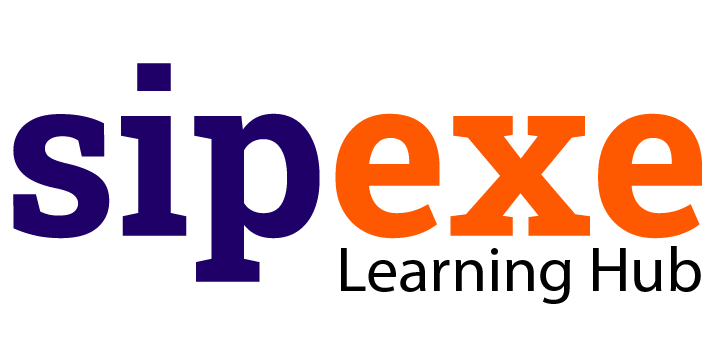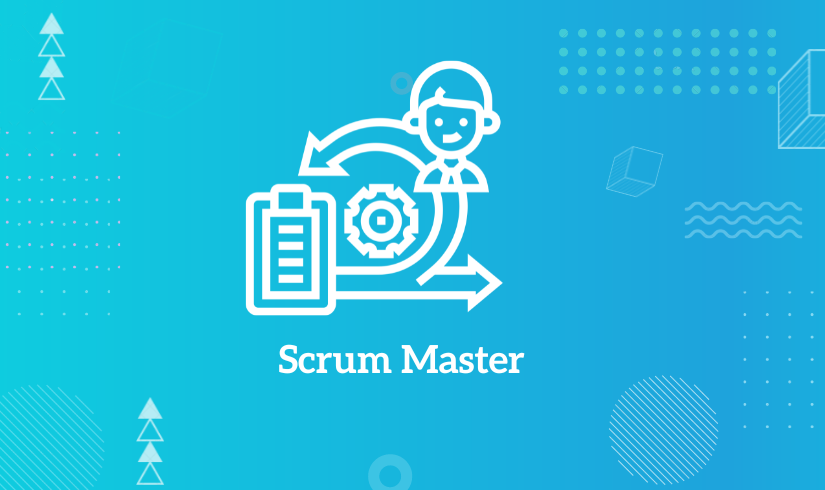
JSP Course or Java Server Pages is a technology which is used to embed Java code in HTML. You will learn the ways of creating and using special JSP tags. The code can include HTML, XML, or their combination along with JSP code. You can create dynamic web pages with the help of JSP. The course will consist of different APIs which you can use to make good web pages and website. JSP is server side programming language and is platform independent. The jobs that you can get after pursuing the course are Java developer, Java web developer, and many more.
Java Server Pages is a server-side language from Java that can be embedded into HTML code to enhance the functionality of different web pages on different websites. Java Server Page code can be written with a lot of packages and classes available in them. The code has to be written in the same way as core Java but the running environment is a web browser. The browser must support Java virtual machine to execute the code. The course curriculum has been designed by our expert and experienced instructors.
JSP Certification Key features
The course can be done by Java developers who want to improve their skills and want to add them to their resumes. People who are interested in doing JSP and servlets projects can also do the course. Freshers are also eligible but they should have the knowledge of core Java and web development.

Yes, you can participate in the sample interview. You will also be asked some questions about the interview.
You will be able to learn in a hands-on environment including labs, installation, and setup.
Yes! There will be a demo session before the course starts.
Our instructors have extensive experience and have built many websites using CSS and HTML. They will provide you with in-depth knowledge so that you can manage your position as a web developer.
Yes, you will get JSP interview questions with answers.
Java Swing is a package in java that is used to make GUI applications. JFreeChart is also an API that developers can use to make charts of differen
Java AWT is platform-dependent and is the standard API for providing a graphic user interface for Java Program. In this 3 Months More Detail
Hibernate is a course in which you will learn about various features of Hiber
If you have the aim of making software applications through different languages, take up the functional programming course which will help you to m
In this training program, design models are explained based on an actual project. The focus is on developing code that allows changes and minimizes
The Java JDBC course will provide all the necessary knowledge for JDBC progra
The course has been designed for people who do not have the experience of working in an integrated development environment. People who already have
JPA is a popular course and the demand for JPA professionals is increasing. That is the reason people are going for JPA certification. The course w
Maven course has become very popular and many people want to do this course. We are providing the course at an affordable cost and we will also pro
Apache Log4j is a leading logging framework and is used in most fields. In this 3 Months More Detail
This course introduces the Spring Boot framework to developers who are learning 3 Months More Detail
The Struts online course provides a depth understanding of Struts architecture and sample connections. Learn about Struts concepts such as interc
Microservices architecture with Spring cloud is helping the developers to create and deliver the application at a fast speed. In this course, you w
Java Swing course will let you know about different types of toolkits whi
651 N Broad St, Middletown, DE 19709, United States
.png)
.png)
.png)

.png)